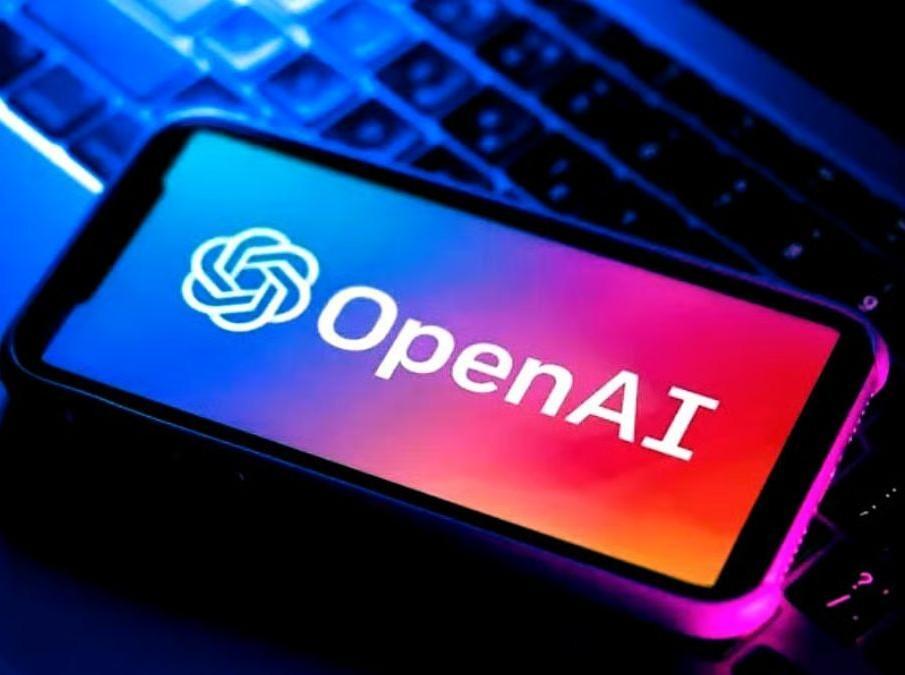
OpenAI Releases Downloadable AI Models for Public, Offline Use
In a groundbreaking move, OpenAI has released two AI models, gpt-oss-120b and gpt-oss-20b, which can be downloaded and run on personal computers. This is a significant shift in the company’s approach to AI development, as it marks the first time since 2019 that the full models have been made available for public use. This means that individuals can now download and run these AI models without needing internet access, expensive subscriptions, or even asking OpenAI’s permission.
The release of these AI models is a major step forward in the democratization of AI technology. Traditionally, AI models have been controlled by large corporations and institutions, limiting accessibility and creativity. By making these models available for public use, OpenAI is empowering individuals and organizations to develop their own AI applications, without relying on third-party services or infrastructure.
The two AI models released by OpenAI, gpt-oss-120b and gpt-oss-20b, are variants of the popular GPT (Generative Pre-trained Transformer) model. GPT is a type of language model that can generate human-like text, and is widely used in applications such as language translation, text summarization, and content creation.
GPT-oss-120b is a larger model with 120 billion parameters, which allows it to generate more accurate and context-specific text. This model is particularly useful for applications that require a high level of linguistic understanding, such as language translation and text summarization.
GPT-oss-20b, on the other hand, is a smaller model with 20 billion parameters. While it may not be as accurate as the larger model, it is still capable of generating high-quality text and is more suitable for applications that require faster processing times and lower computational resources.
The release of these AI models is significant because it marks a shift in OpenAI’s approach to AI development. In the past, the company has been focused on developing AI models that are controlled by their own infrastructure and data centers. This has limited the flexibility and accessibility of these models, as they require a constant internet connection and a significant amount of computational resources.
By making these AI models available for public use, OpenAI is acknowledging the importance of decentralization and democratization in AI development. This move is likely to have a significant impact on the AI industry, as it enables individuals and organizations to develop their own AI applications without relying on third-party services or infrastructure.
One of the key benefits of these AI models is their ability to be run offline. This means that individuals and organizations can use these models to develop their own AI applications, even in areas with limited or no internet access. This is particularly useful for applications that require high levels of security and confidentiality, such as military or government applications.
Another benefit of these AI models is their ability to be customized and modified. Because the models are open-source, individuals and organizations can modify the code and adjust the parameters to suit their specific needs. This allows for greater flexibility and creativity in AI development, as individuals and organizations can adapt the models to their specific use cases.
The release of these AI models is also significant because it marks a shift in the way AI is developed and used. Historically, AI development has been focused on creating models that are controlled by large corporations and institutions. However, with the release of these AI models, individuals and organizations are now empowered to develop their own AI applications, without relying on third-party services or infrastructure.
This shift is likely to have a significant impact on the AI industry, as it enables greater creativity and innovation in AI development. By empowering individuals and organizations to develop their own AI applications, OpenAI is creating a more decentralized and democratized AI ecosystem.
In conclusion, the release of gpt-oss-120b and gpt-oss-20b by OpenAI is a significant step forward in the democratization of AI technology. By making these AI models available for public use, OpenAI is empowering individuals and organizations to develop their own AI applications, without relying on third-party services or infrastructure. This shift is likely to have a significant impact on the AI industry, as it enables greater creativity and innovation in AI development.






